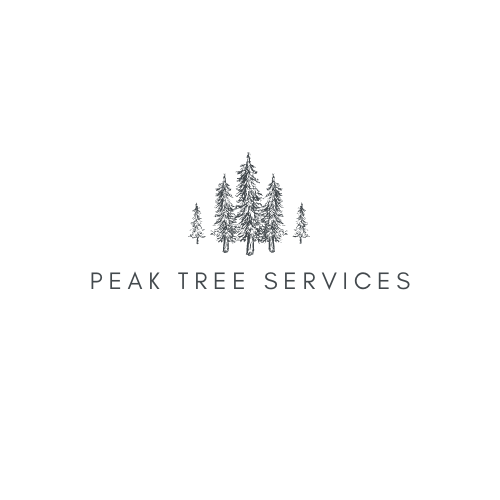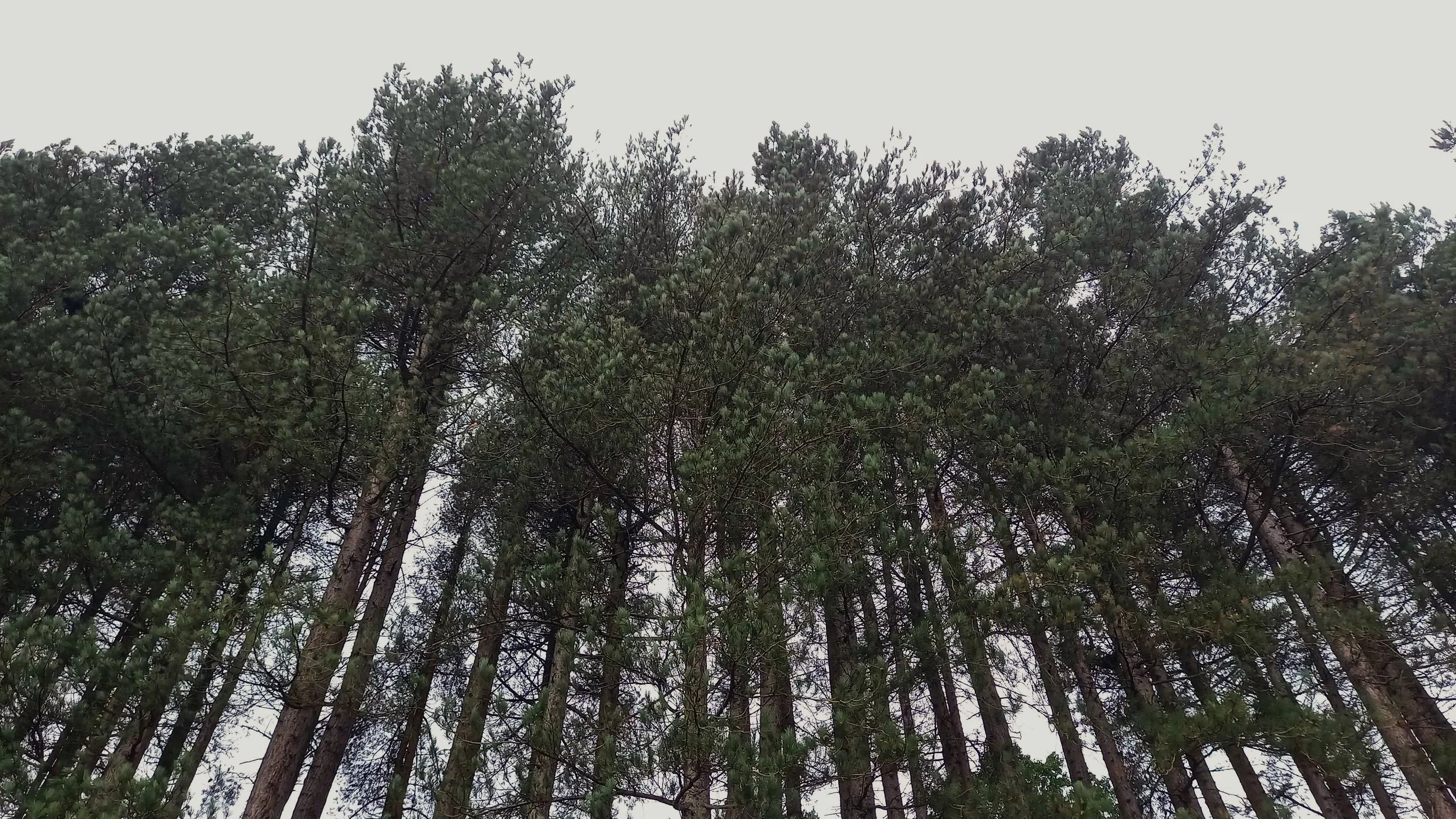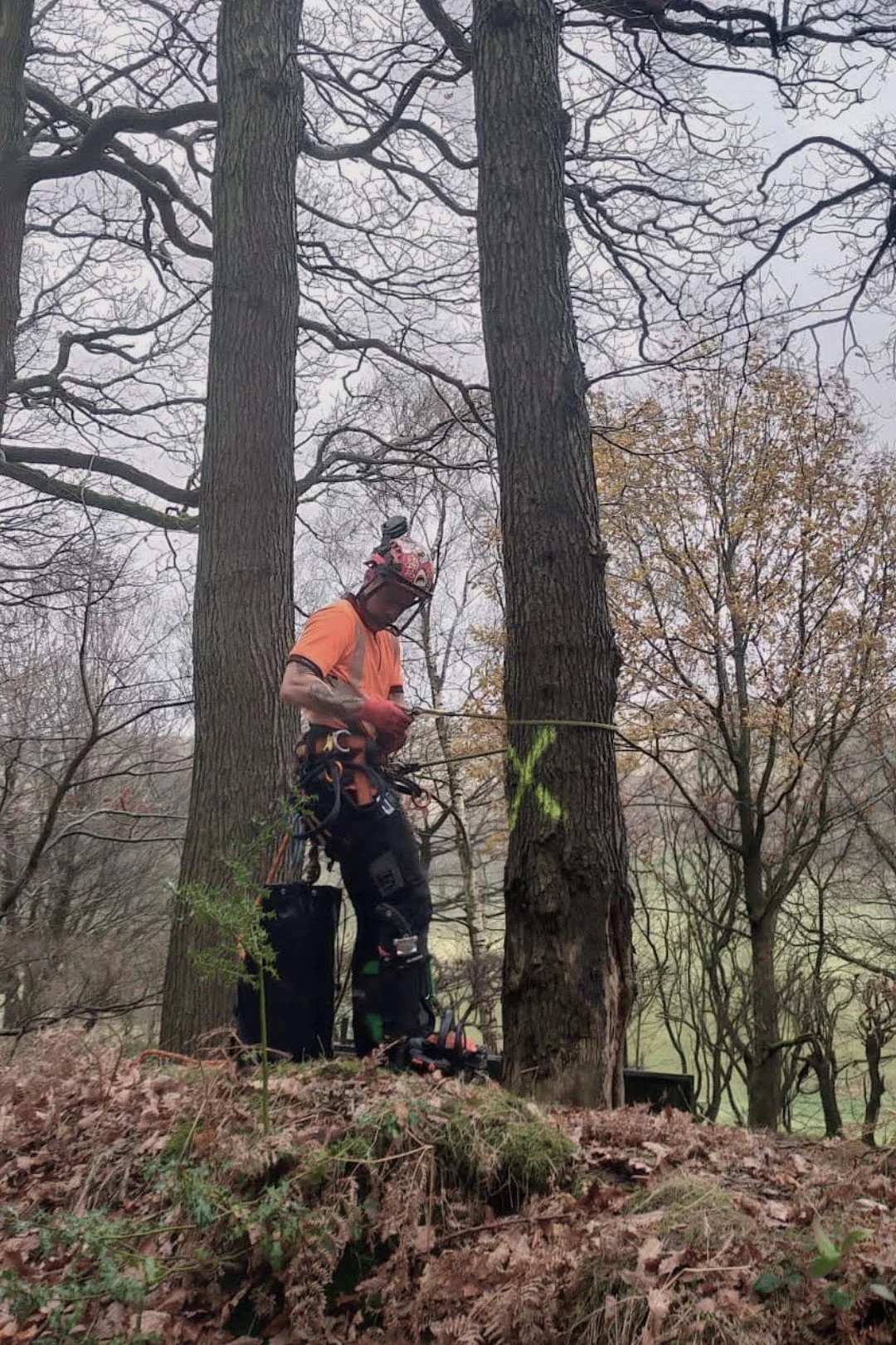Tree Surgeon or Arborist… and what’s the difference anyway??
At first glance, you’d be forgiven for thinking Tree Surgeon and Arborists are different titles for the same job, I did! But no, if you want to be technical there are fundamental differences in meanings and connotations, I use this blog to look into the differences.
Arborist: An arborist is a trained and certified professional who specializes in the care and maintenance of trees. An Arborist has traditionally gone to college and/or University to study Arboriculture to gain a wide and varied knowledge base around tree, how to care for trees and plants in general. Arborists typically have extensive knowledge of tree biology, physiology, and proper tree care techniques. They are skilled in diagnosing tree diseases and pests, assessing tree health, and recommending appropriate treatments. Arborists may perform a wide range of tree-related tasks, including pruning, tree removal, planting, and tree risk assessment. They may work in various settings, such as residential, commercial, or municipal environments.
Tree Surgeon: The term "tree surgeon" is sometimes used colloquially to refer to someone who performs tree-related tasks, particularly those involving tree surgery or tree removal. However, in a more traditional sense, a tree surgeon may specifically focus on surgical procedures involving trees, such as tree pruning, shaping, or removal. Tree surgeons may or may not have formal training or certification in arboriculture, and their expertise may vary depending on their experience and qualifications. Now, there are many Tree Surgeons in the High Peak who perform outstanding work and are able to meet the needs of the client while still prioritising the health of the tree’s they work on, but a fully qualified arborist will likely have a deeper knowledge of tree care and biology and what’s more important when you select someone to carry out work on your trees might be the following;
NPTC qualifications; look for CS 30, 31, 38 & 39 which are are chainsaw maintenance, cross cutting, felling trees, climbing trees using a rope and harness and using a chainsaw from a rope and harness. If you wish to see copies of my qualifications, feel free to ask.
Experience and reputation; checkout reviews on they’re Google business page, Facebook or Checkatrade / Derbyshire trused trader etc….
Safety Practices; ask the tree surgeon or arborist about their safety practices, if its a large tree removal do they rig the tree to lower the branches under control etc…? Do they have a back-up climber in case of an emergency?
Services offered; Consider the range of services offered by the tree surgeon or arborist. Depending on your needs, you may require pruning, tree removal, stump grinding, pest management, or tree planting services. Choose a tree surgeon or arborist who can address your specific requirements.
Communication and professionalism; Pay attention to the tree surgeon's communication style and professionalism. They should be responsive to your inquiries, provide clear explanations of the work to be done, and communicate any potential risks or concerns. Choose a tree surgeon or arborist who demonstrates professionalism and a commitment to customer service.
In summary, while both arborists and tree surgeons work with trees, arborists typically have formal training and certification in arboriculture and focus on overall tree health and care, whereas tree surgeons may specialize in specific tree surgery tasks and may not always have formal arboricultural training.



